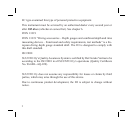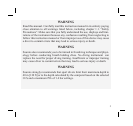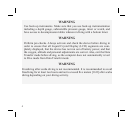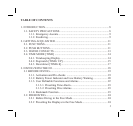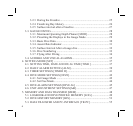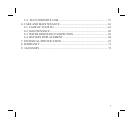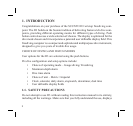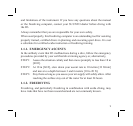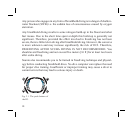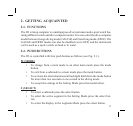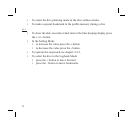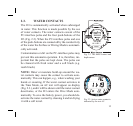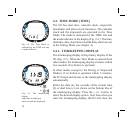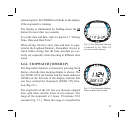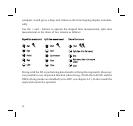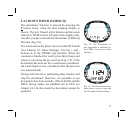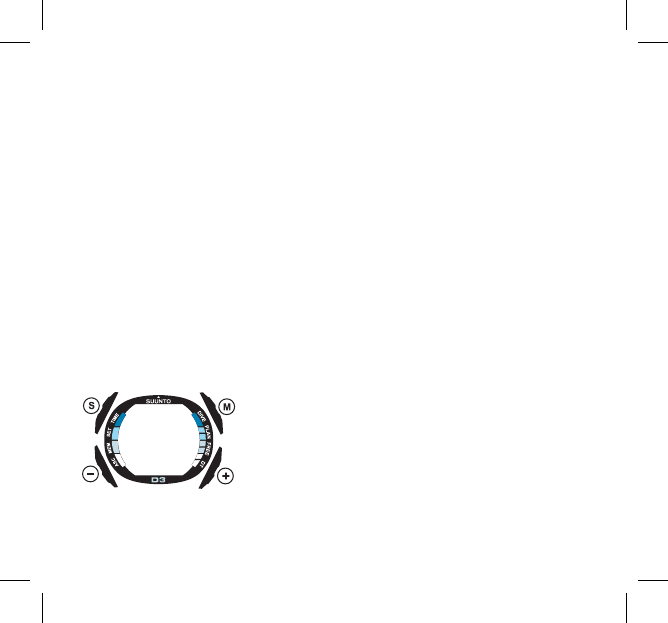
10
Fig. 2.1. The push buttons of
the D3.
Any person who engages in any form of breathhold diving is in danger of shallow-
water blackout (SWB) i.e. the sudden loss of consciousness caused by oxygen
starvation.
Any breathhold diving results in some nitrogen build-up in the blood and other
fast tissues. Due to the short time spent at depth this build-up is generally not
signifi cant. Therefore, provided the effort involved in freediving has not been
severe, there is little risk in diving after breathhold diving. However, the converse
is more unknown and may increase signifi cantly the risk of DCI. Therefore,
FREEDIVING AFTER SCUBA DIVING IS NOT RECOMMENDED. You
should avoid freediving and not exceed fi ve meters [16 ft] for at least two hours
after scuba diving.
Suunto also recommends you to be trained in freediving technique and physiol-
ogy before conducting breathhold dives. No dive computer can replace the need
for proper dive training. Insuffi cient or improper training may cause a diver to
commit errors that may lead to serious injury or death.



